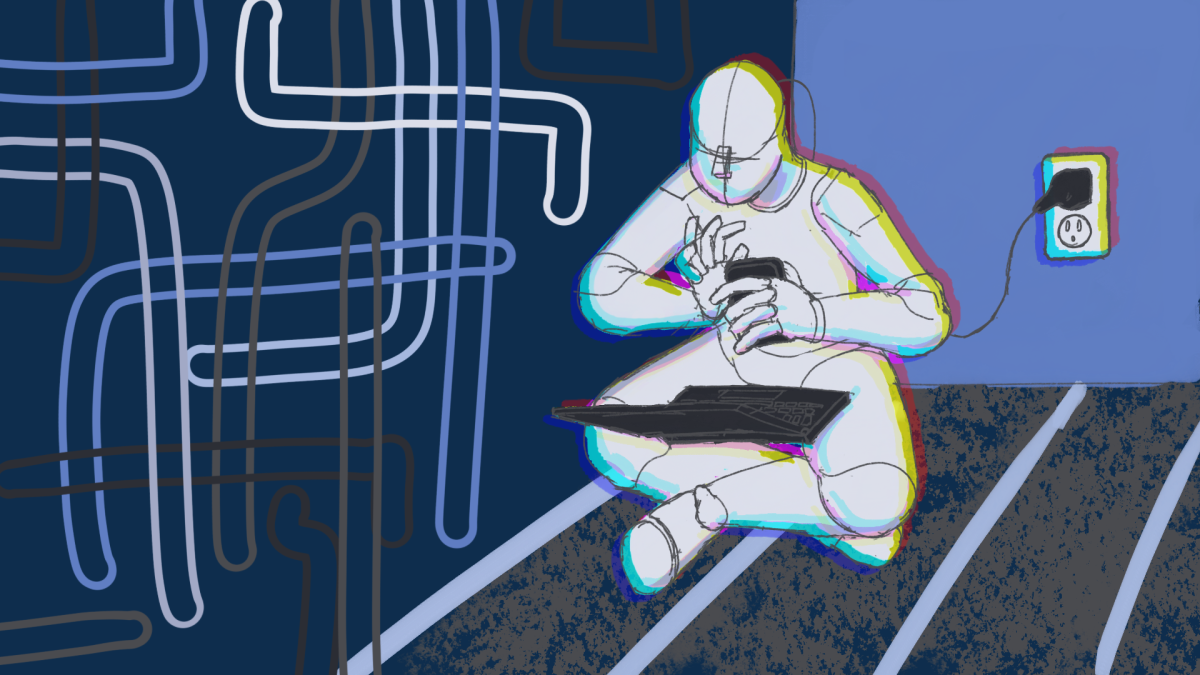Some things must be said about the Boston Marathon explosions that took place Monday and resulted in three deaths, including that of one eight-year-old boy, and more than 100 injuries. They shall start with Baghdad.
On the same day as the bomb blasts in Boston, there was also a string of serial blasts in Iraq, which killed at least 55 people, 25 of whom were in Baghdad, and injured dozens. Baghdad is more accustomed to such events than Boston. The United States occupation of Iraq left it unstable and conflict-stricken. Such attacks on civilians, largely attributed to a resurgent Al Qaeda, have been on the rise in the last few weeks. The United States may have “liberated” the people of Iraq from Saddam Hussein, but the democracy we brought to them is shaky, at best.
We have no reason for considering a person killed in Boston worth fundamentally any more than a person killed in Baghdad. When we grieve for those killed in Boston, our capacity for compassion becomes visible. But the narrowness of this capacity also becomes visible — for example, we ignore the 55 killed in Baghdad and the 22 daily military veteran suicides in the United States.
The root of America’s grieving does not seem to be in anguish regarding the loss of life, though the feeling is present. If this were fundamentally the basis of our grieving, we would be grieving a lot more, even if we decided that grieving need not be directed toward any but our own. Rather, our selective mourning tendency is best explained as anguish regarding victimization. A sense of “it is so horrible that innocent people died” is not enough to generate the national sentiment that was generated on Monday and after; the outburst of lamentations seen across social media, and to a lesser extent in “the real world,” also needed the feeling of “how could such a thing possibly happen to us?”
We are fortunate that such things do not happen to us frequently — because of that, shock is natural — and sadness is a legitimate response for such events. However, it seems that our grieving depends on being disturbed by a sense of victimization. This not only makes the terrorism successful, but also makes us ignore the 22 veterans who kill themselves every day. Though innocent civilians were definitely victimized in Boston, there are many other tragedies going on, both at home and abroad. Feeling victimized as a people due to this incident is about as reasonable as feeling victimized about someone in our family catching a cold when people in families all around are getting pneumonia. Being upset about this unfortunate event is perfectly fine, and perhaps even necessary to take action about it. But retaining some perspective about the situation would lead one to find it unreasonable if all the healthy people ignore all the cases of pneumonia, both in their families and in other families, and focus just on that one unfortunate case of the cold. It is with such a sense of unreasonable victimization that Americans have grieved about the Boston blasts.
A sense of victimization, even when not accompanied by contradiction and insularity, breeds an attitude of entitlement. Which, given enough power, leads to war. Which leads chaos and disintegration. Which leads to Monday in Baghdad. Which should remind us that though we suffer, in the grand scheme of things, we of all people are not the tragic victims, and that there is much more suffering going on (both within and beyond our borders) than three people dying in Boston.
Grieving for the deceased and wounded is noble, but less so if it stems from and results in a myopic sense of victimization. True nobility would lie in forbearingly being able to face up to our loss, while maintaining an understanding that our suffering is minor compared to that going on elsewhere … sometimes in part due to ourselves. Those who died in Boston were likely the center of the lives of many of us, but we as a whole are not the center of the world.





